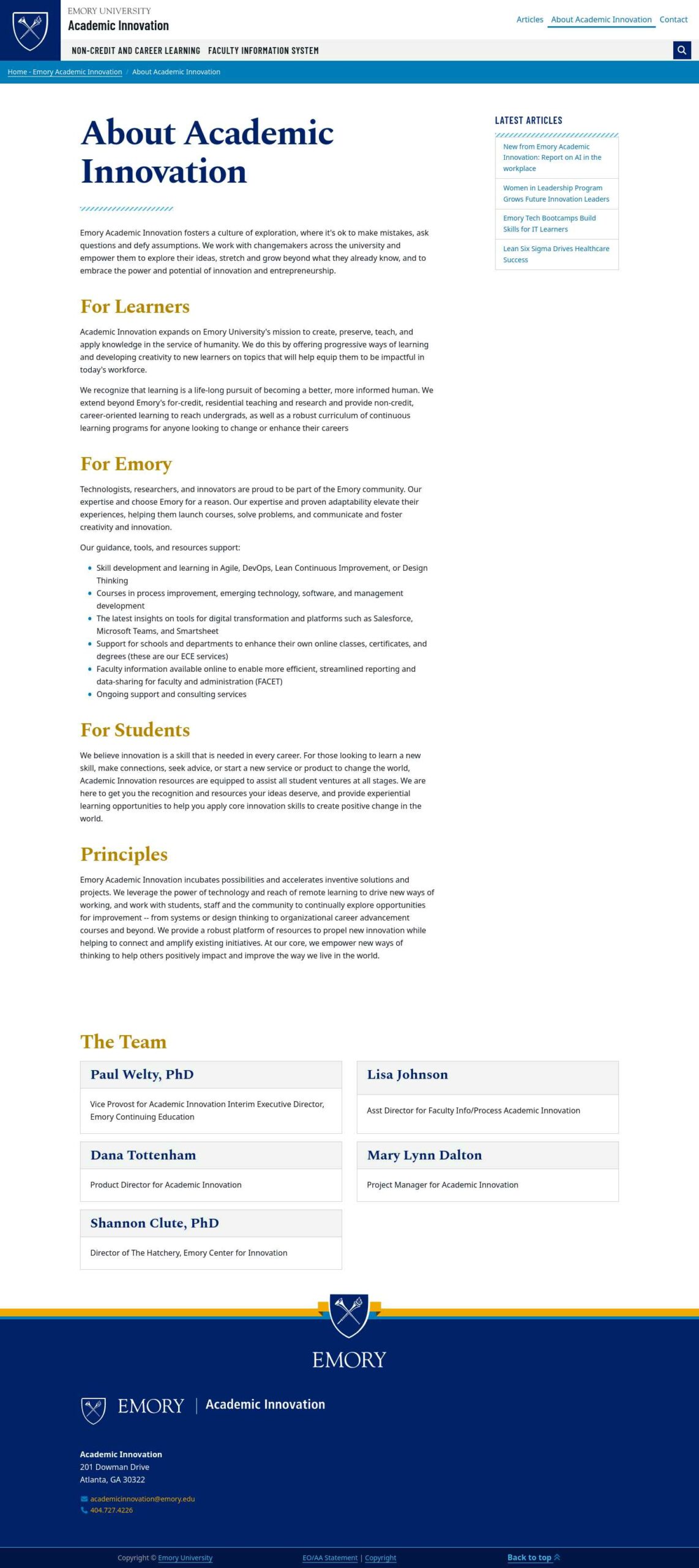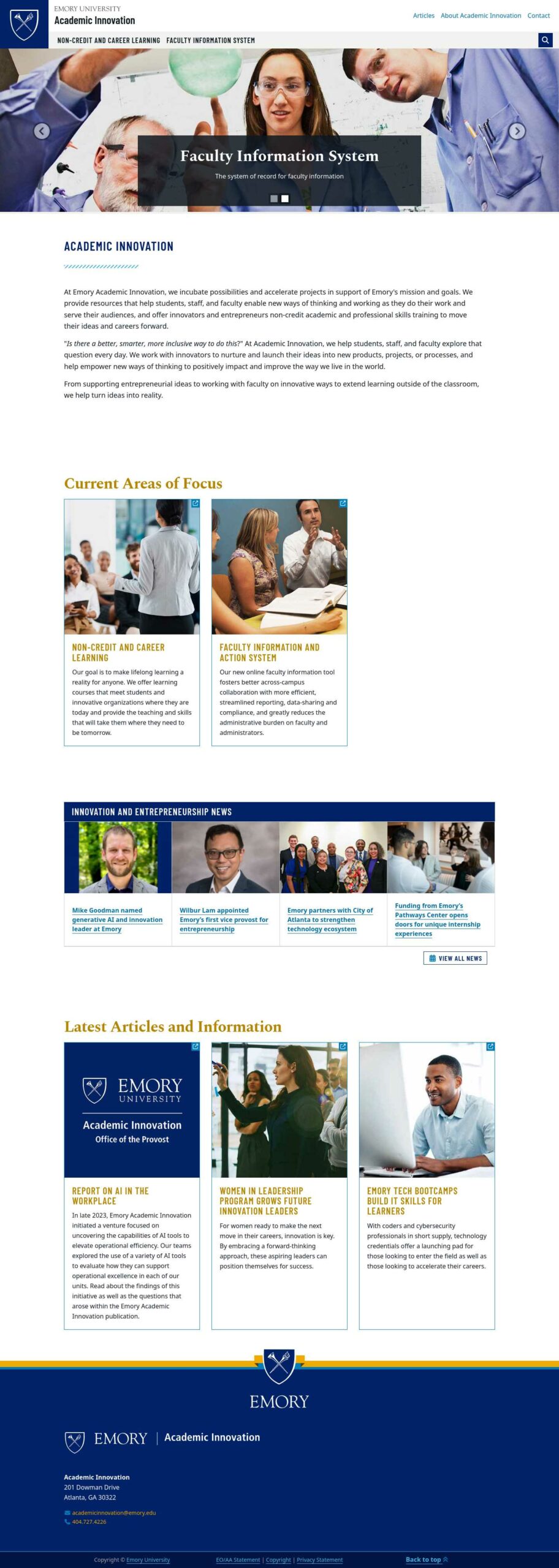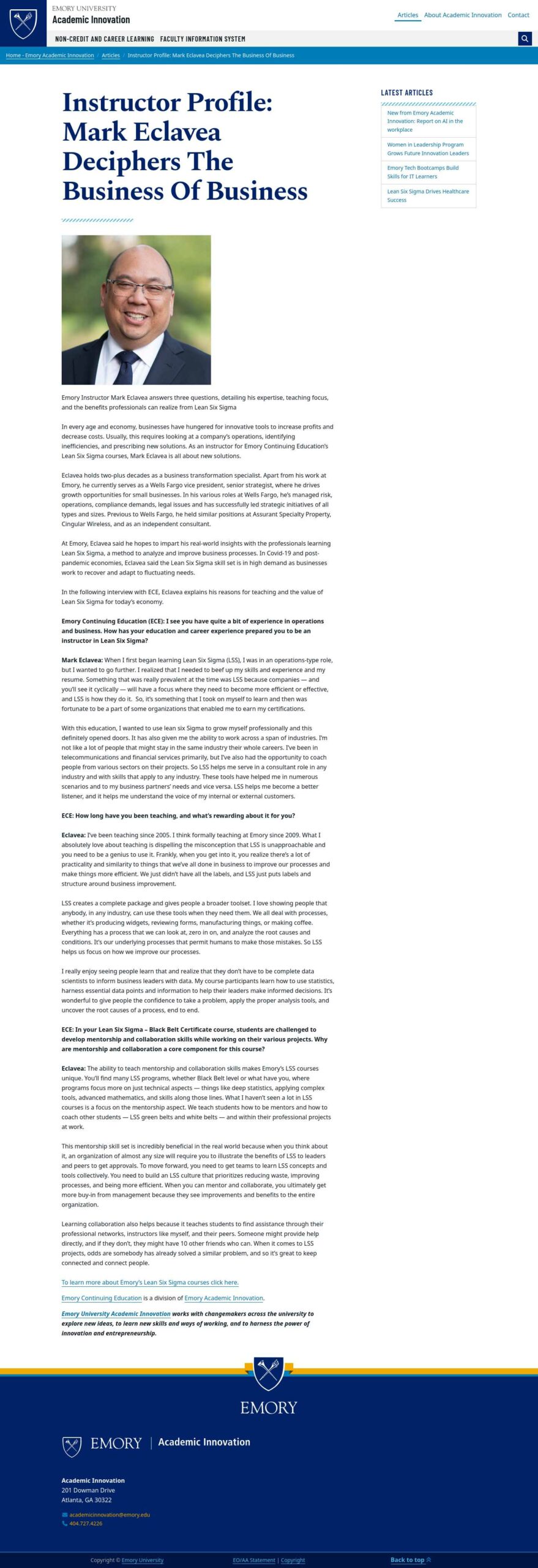The article “The Rise and Resilience of Remote Work” explores the significant increase in remote work due to the COVID-19 pandemic and its potential permanence in a post-pandemic economy. With the U.S. emerging from the pandemic, questions about the future of office life persist. Employee support for remote or hybrid models is strong, driven by benefits like flexibility and absence of commutes. Studies from the Conference Board and McKinsey & Company show maintained or increased productivity with remote work and predict a substantial shift in working patterns. However, remote work isn’t feasible for all jobs, and many executives believe in-office presence fosters company culture. Consequently, a hybrid approach, mixing home and office work, is expected to be the prevailing model, offering cost savings and meeting employee preferences. Major companies, like JPMorgan Chase & Co., are already transitioning to hybrid frameworks.
The Rise And Resilience Of Remote Work




